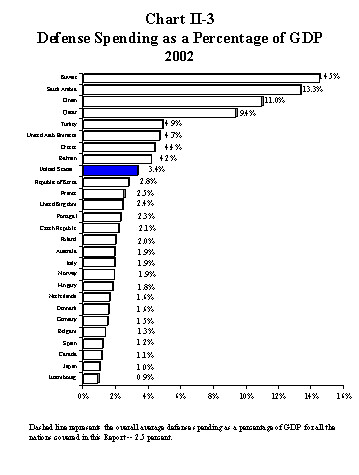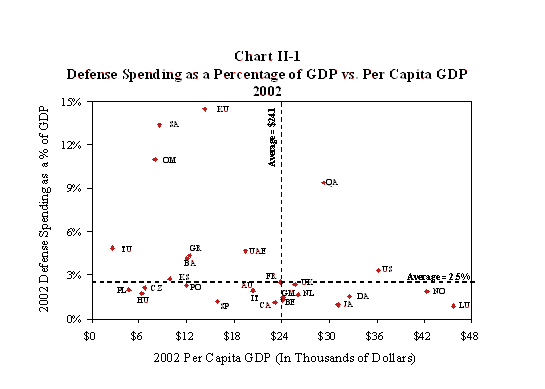Like a weak kid at a bar fight, it is only natural that the big fellas will do most of the fighting. All they ask in return is that you do the best your small size and muscles will allow. A lot of Europe is hiding under the sink in the head, as laid out very nicely in The Financial Times.
Two of Nato's most respected retired generals will issue today a stinging indictment of European military capabilities, arguing that unless the continent pools its defense resources it may be unable to meet mounting security risks, which include international terrorism.That is strong words coming from the MC, and it comes from a frustration that without the US, Europe cannot really do anything except very small operations led by Britain or to a lesser extent France. Airlift? Fugetaboutit. A lack of investment and living off the spoils of the “peace dividend,”
Retired General Joseph Ralston, the American officer who headed Nato until 2003, and retired General Klaus Naumann, Germany's former chief of defence and head of Nato's military committee, argue that European leaders have "lacked the political will" to improve military capabilities.
(has created an) (in)ability of European countries to partner in any meaningful way with the US.The J6 guys look old for a reason.
... without a more co-ordinated approach, flat or declining defence spending by most European countries will make it impossible for their militaries to execute their stated security strategies … "Some question whether further defence integration can occur among European nations which value their sovereignty and see the world from diverse perspectives," the report finds.For instance, some don’t seem to care if they can defend themselves or not. It doesn’t take very much to imagine a world where the US goes back to a quasi pre-WWI stance. Natural, man-made, or political disasters can happen very suddenly. They were would Europe be under threat of invasion or blackmail?
Specifically, the report calls on European powers to reallocate their defence spending so that 25 per cent of budgets is spent on research and acquiring new weapons, while no more than 40 per cent is spent on personnel. Despite past commitments by European leaders to modernise, following the end of the cold war, most of the continent's militaries are still large, troop-heavy forces that find it difficult to respond quickly to crises, be they conflicts or humanitarian disasters.Here are two graphs that point out the problems. They date from 2002, but are close enough to 2005 numbers. Of note, the scattergram is hard to read, but you can read the whole report here. Executive Summary: outside the Arab “allies” only the UK, Greek, Turk, French, and the US investments are above average.


Iceland gets a free ride long outside their usefulness, and they are no longer a cod-face eating poverty strewn country. Even ‘lil Luxembourg could contribute to a large operation. A MP company? Sniper teams. All they have to do is train them and pay for them. They have a small military now, but it is little more than a civil service jobs program. They fought with us in Korea, but they are rare as hen’s teeth now.
This is good to hear. Heartening almost. As always though, it is best to await action.









No comments:
Post a Comment